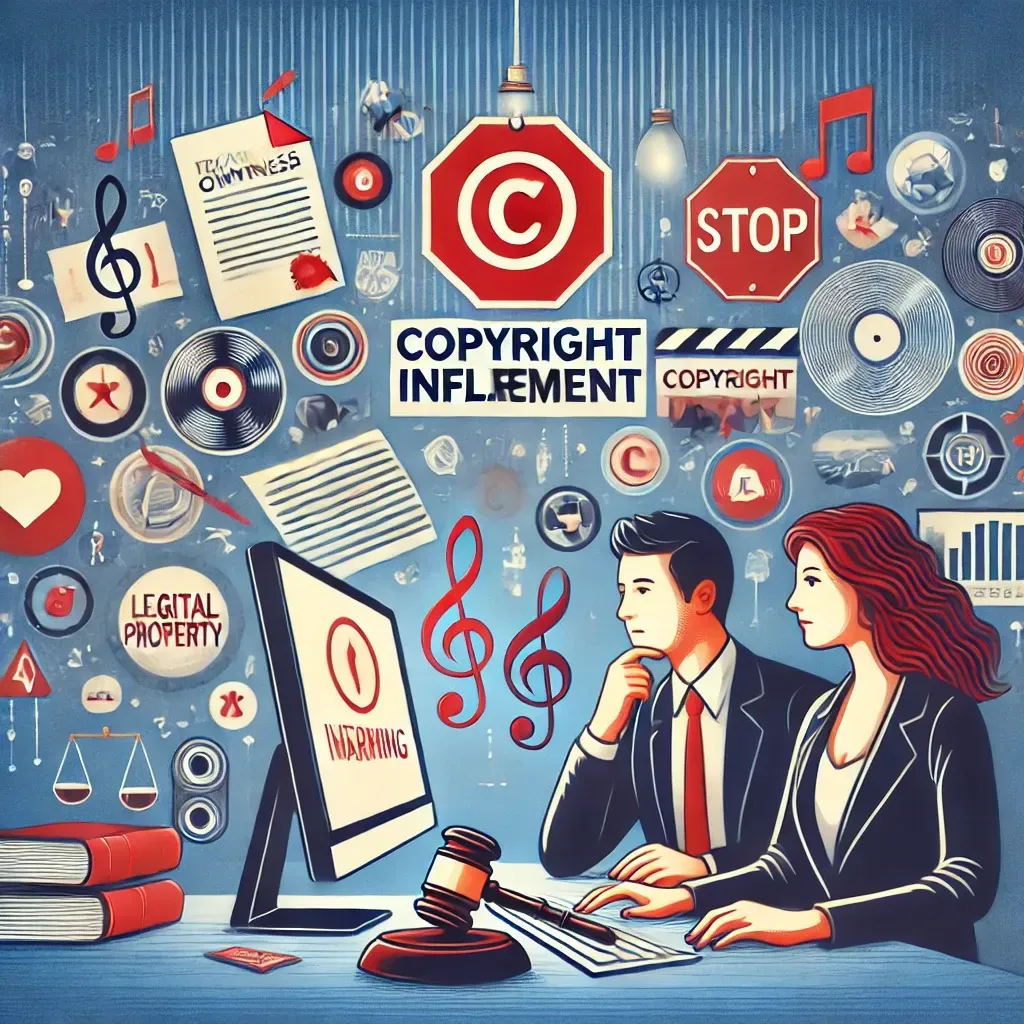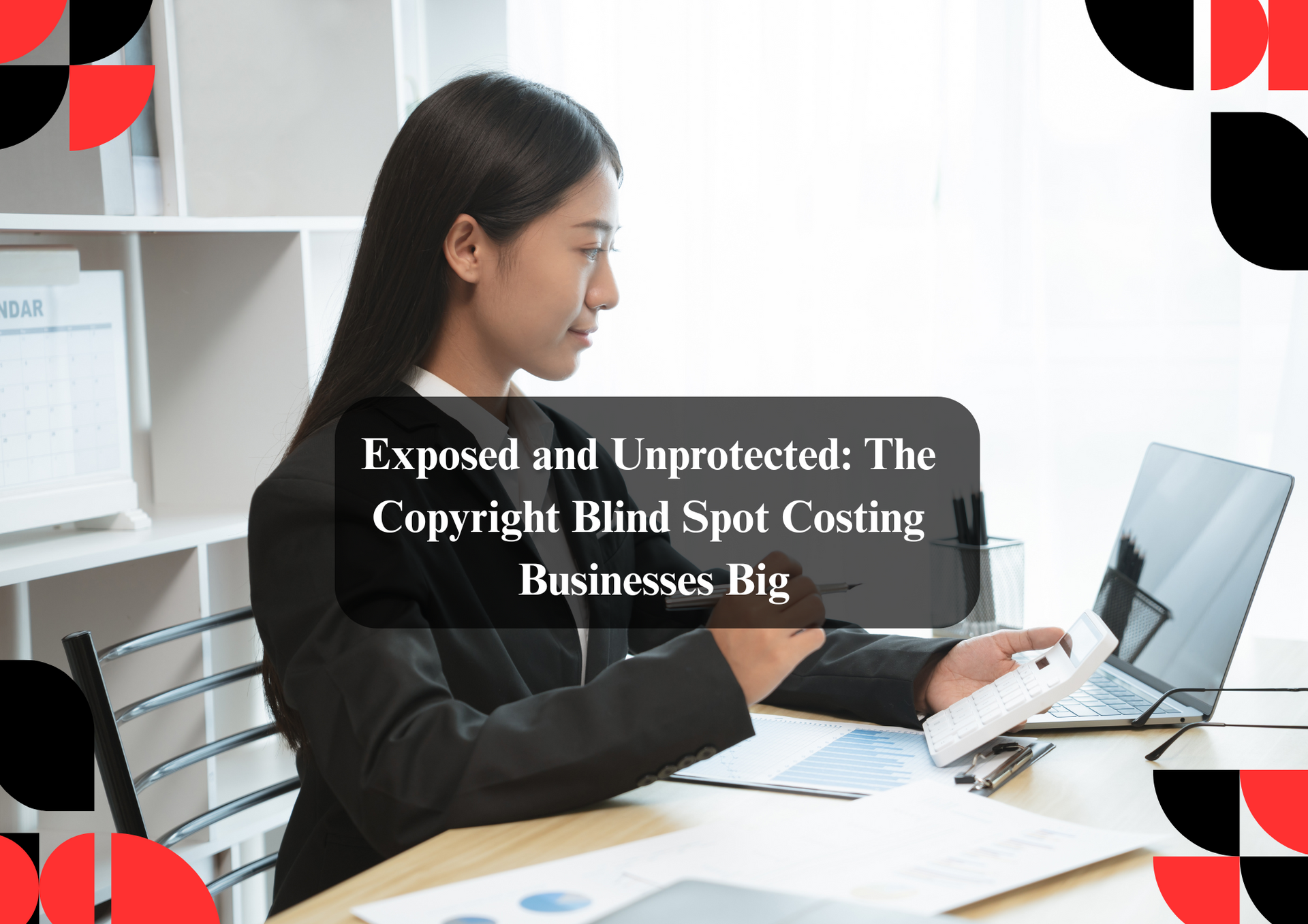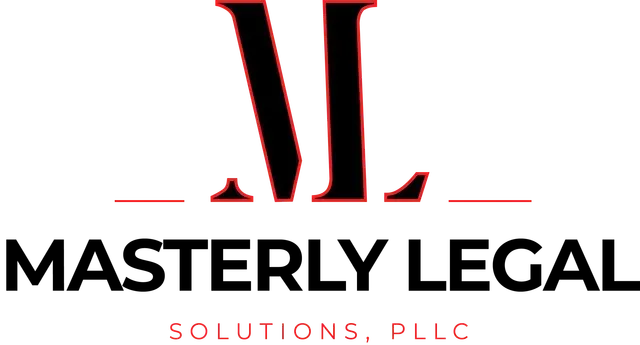Avoiding Copyright Violations: A Guide to the Elements of Copyright Infringement
Copyright infringement can be a costly mistake for businesses and creators. Understanding the legal elements of infringement and the process for copyright registration is essential for protecting your intellectual property and avoiding potential lawsuits. The Copyright Office oversees the copyright registration process, ensuring that copyright owners secure their rights over original works. Whether you’re registering literary works, musical works, or visual art, following the correct procedures is crucial.
By taking proactive steps, including registering online with the Electronic Copyright Office, submitting a completed application form, and understanding deposit requirements, you can strengthen your copyright protection and reduce the risk of infringement. This guide will walk you through the copyright registration process, helping you navigate copyright law, understand statutory damages, and ensure your work is part of the public record for maximum legal protection.
Understanding Copyright Infringement
Copyright infringement occurs when someone uses a copyrightable work without the permission of the copyright owners. The Copyright Act grants an exclusive right to creators, allowing them to control how their work is reproduced, distributed, and publicly displayed. Works created in a tangible medium—such as books, sound recordings, and architectural works—are automatically protected under copyright law, but registration with the Copyright Office provides stronger legal backing.
To avoid infringement, businesses and creators must be mindful of:
- Derivative works – Unauthorized adaptations of copyrighted content.
- Multiple works – Using several copyrighted materials without proper licensing.
- Artificial intelligence – AI-generated content that may contain copyrighted elements.
- Public domain – Ensuring that unpublished works or anonymous works meet eligibility criteria before use.
Understanding how long does copyright protection last is also essential. Under the Copyright Act, protection extends for the life of the author plus 70 years, or for certain works, such as anonymous works, 95 years from publication or 120 years from creation, whichever expires first.
The Importance of Copyright Registration
Though copyright protection is automatic for original works, registering with the Copyright Office offers several advantages, including:
- Legal evidence – A registration certificate serves as proof of ownership.
- Eligibility for statutory damages – Copyright owners can seek damages in court.
- Increased enforcement power – Registered works can be submitted to federal agencies to prevent counterfeiting and infringement.
- Public record – Registration makes ownership details available for verification.
To complete the registration process, applicants must submit an appropriate application, pay the required fees, and meet deposit requirements to ensure compliance with Library of Congress standards.
The Copyright Registration Process
The copyright registration process involves several steps, whether you register online or file a paper form:
1. Choose the Right Application Form
The Copyright Office offers different forms depending on the type of work:
- Literary works – Books, blogs, and short online literary works.
- Musical works – Song lyrics, compositions, and sheet music.
- Visual art – Paintings, illustrations, and digital designs.
- Sound recordings – Music albums and podcasts.
- Architectural works – Building designs and blueprints.
2. Prepare and Submit the Registration Application
Applicants must submit a registration application with the necessary materials, including:
- A completed application form (can be filed as an application online or paper form).
- The required filing fee, payable via electronic check or credit card.
- A deposit copy of the work in digital format or hard copy deposit as per copyright office practices.
3. Meet Deposit and Filing Fee Requirements
The Library of Congress requires deposit copies for archival purposes. If submitting a group registration, all works should be included in the same package to streamline processing.
Fees vary based on the type of application:
- Standard application – Covers most original works.
- Group registration – Used for multiple photographs or serials.
- Specialized registration – For certain works like databases and software.
4. Receive the Registration Certificate
Once the Copyright Office processes the application, a registration certificate is issued. The effective date of registration is the date the copyright application is received, not when it is approved.
Filing a Copyright Claim
If you believe your exclusive rights have been violated, you can submit a copyright claim to the Copyright Office or take legal action. Courts may award:
- Actual damages – Compensation for financial losses.
- Statutory damages – Monetary awards even if losses aren’t proven.
Cases may be escalated to the Supreme Court if they involve significant legal questions. The Public Information Office and Library of Congress can provide additional guidance on enforcing copyright claims.

How to Register Online with the Electronic Copyright Office
Using the Electronic Copyright Office allows you to register your works quickly and efficiently. Benefits include:
- Faster processing times.
- Digital storage of registration records.
- Secure payment via electronic check.
For businesses dealing with multiple registrations, the Library of Congress recommends filing in bulk using group registration options.
Protecting Your Creative Work: Essential Steps to Avoid Copyright Violations
Understanding copyright basics is crucial for businesses and creators looking to safeguard their intellectual property. Copyright law protects respective writings, artwork, music, and other creative works, ensuring that the same individual or rightful owner maintains control over reproduction and distribution. To strengthen legal protection, creators should work with the U.S. Copyright Office to officially register their works. This process often involves submitting an application via certified mail or electronically, providing a legal record of ownership.
Copyright registration also supports innovation in the useful arts, reinforcing the rights of creators across industries. Whether you’re filing individually or as part of a group registration, properly securing your copyright ensures that your work is protected from unauthorized use and infringement.
Protect Your Intellectual Property with Masterly Trademarks
Securing copyright protection is a crucial step in protecting your work from infringement. At Masterly Trademarks, we help businesses and creators navigate the copyright registration process and file their registration applications correctly. Whether you need guidance on forms, fees, or filing a copyright claim, our team is ready to assist.
Contact us at (972) 236-5051 for a free consultation and ensure your copyright ownership is fully secured.
You might also like



